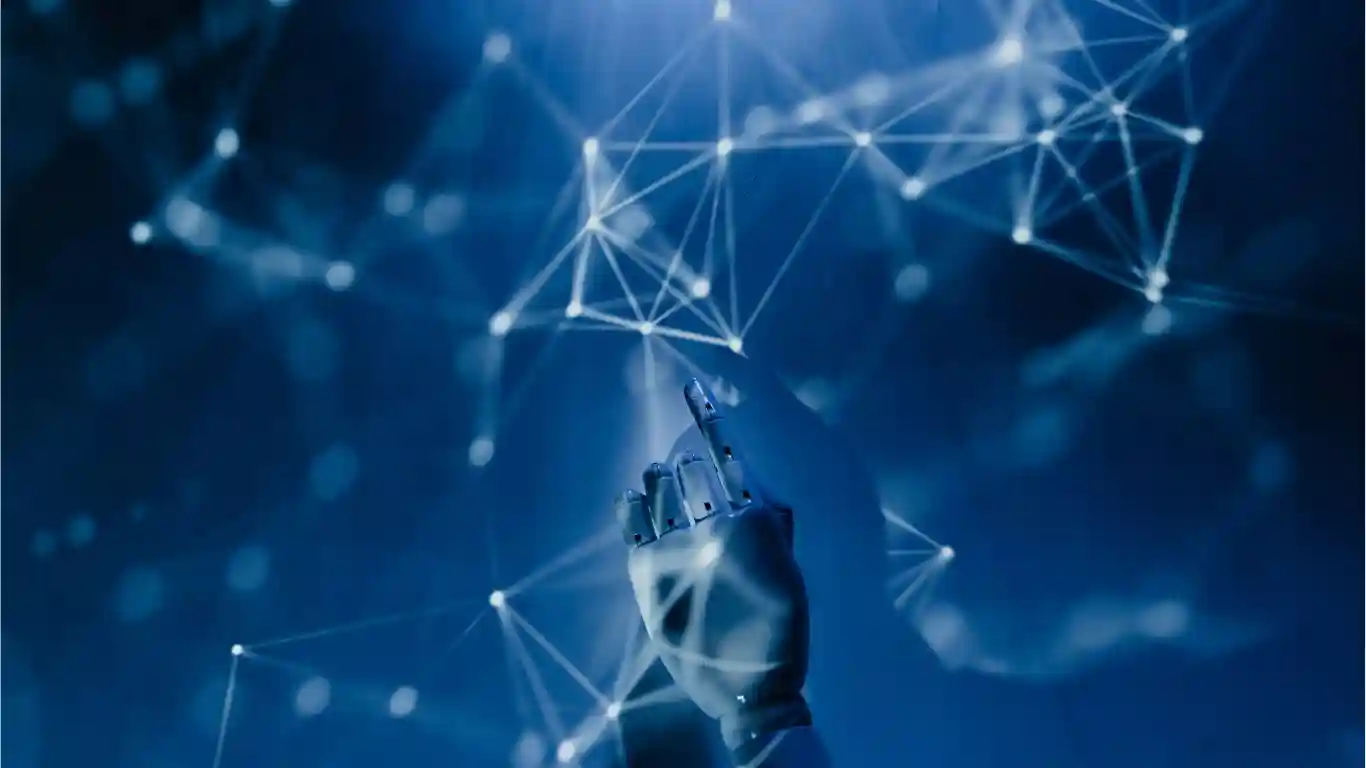Artificial Intelligence Will Replace Human Intelligence: Experts forecast that deploying artificial intelligence (AI) on a broader scale could boost the global economy by up to $15.7 trillion by 2030 in a market where data is transforming how businesses create value — and compete. Numerous people think that, as AI transforms the way businesses operate, corporations will start to replace human workers with intelligent computers. Intelligent technologies are already replacing humans in manufacturing, service delivery, recruitment, and the financial sector, which forces human workers into lower-paying positions or leaves them unemployed. Some have come to the conclusion that our workforce may no longer exist entirely in 2040 as a result of this tendency.
However, we think that this interpretation of how AI will affect the workplace is incorrect. The topic of whether AI will replace human employees makes the assumption that the two species share the same attributes and skills, yet this is untrue. AI-based systems are quicker, more precise, and always rational, but they lack intuition, emotion, or cultural sensitivity. And it is precisely these skills that human beings possess and use to be successful.
Human intelligence versus artificial intelligence
The ability of today’s sophisticated computers to learn and make judgments based on the data they consume generally leads humans to perceive them as intelligent. Despite the fact that we may be able to perceive such capacity, we actually possess a very different kind of intelligence.

AI can be defined as a computer acting or making decisions that appear intelligent.
AI imitates how people act, feel, speak, and make decisions in accordance with Alan Turing’s philosophy. This kind of intelligence is very helpful in an organisational setting since it may find informational patterns that maximise job-related trends because of its capacity for imitation. Additionally, unlike humans, AI never gets physically exhausted and will continue to function as long as it is fed data.
These characteristics make AI the ideal candidate for use in repeated, low-level, routine operations that occur within closed management systems. The game’s rules are crystal clear and unaffected by outside forces in such a system. Consider an assembly line where workers are not distracted by requests from other sources, such as meetings at the office. As an illustration, consider the assembly line, where Amazon put algorithms in charge of managing human employees and even firing them. AI can conduct tasks more accurately than human supervisors because they are repetitious and subject to strict rules that maximise production.
However, human capabilities are more varied.
Humans have the capacity to envision, anticipate, feel, and judge changing conditions, which enables people to transition from short-term to long-term concerns, in contrast to AI abilities that are simply responsive to the facts provided. These skills are specific to humans and unlike artificial intelligence, which depends on a constant stream of data from outside the body to function.
In this perspective, people constitute a different kind of AI, or what we would term real intelligence. When open systems are in existence, this kind of intelligence is required. In an open management system, the team or organisation interacts with the outside world and must thus control external influences. In such a context, it is necessary to be creative in distilling a vision and future plan while also having the ability to foresee and deal with things like rapid shifts and skewed information exchange. Open systems are always undergoing transition, and real intelligence is needed to handle this process effectively.

Although Authentic Intelligence (referred to as AI2 here) and Artificial Intelligence (referred to as AI1 here) appear to be in opposition to one another, they are actually complementary. Both types of intelligence offer a range of specialised skills when applied to companies.
Which skills are required to perform at their best, operationalized as the capacities required to achieve performance requirements? First and foremost, it is crucial to stress that while talent can win games, it frequently does not win championships; instead, teams do. For this reason, we think that the future of intelligent work will be created by the combination of the skills found in both AI1 and AI2, working together. It will produce the kind of intelligence that enables firms to be more precise and efficient while also being innovative and proactive. This additional form of AI is known as augmented intelligence (referred to as AI3 here).
Augmented intelligence is the third type of AI.
What advantages will AI3 have over AI1 and AI2? The second author of this article offers some interesting perspective because, despite being well-known for his championship victories, he also has the distinction of being the first person to ever lose a competitive game to a machine. Garry Kasparov, a grand master of chess, was defeated by IBM’s Deep Blue supercomputer programme in 1997. It caused him to reconsider how the cerebral game of chess may be tackled differently, not just as an individual but also as a group effort. And after Deep Blue’s surprising win, he made the decision to attempt working with an AI.

In a match in 1998 in León, Spain, Kasparov played Bulgarian Veselin Topalov, whom he had defeated 4-0 a month previously, in “advanced chess” with a computer running the chess software of his choice. This time, both players had computer assistance, and the game finished in a 3-3 draw. The use of a computer seemed to negate the strategic and calculative advantages Kasparov often possessed over his opponent.
The contest served as a crucial example of how humans and AI may collaborate. After the game, Kasparov remarked that using a PC had helped him to concentrate more on strategic preparation while the computer handled the math. However, he also made clear that in his opinion, games were not perfect just by combining the finest human player and best PC. The strength of collaborating with an AI comes from how the person and machine complement one another, just like with human teams; pairing up the strongest players and most potent AIs may not always result in the best outcomes.
Recommendations
Contrary to the zero-sum projections of what AI would do to our society and organisations, the possibility that we envision is one of enrichment and collaboration. Instead, we consider increased productivity and the automation of cognitively repetitive tasks to be a benefit rather than a danger. After all, when new technology is first implemented and developed, it always has disruptive impacts and typically doesn’t show its true value until much later.
Also Read: 10 Books With Incredible Plot Twists




